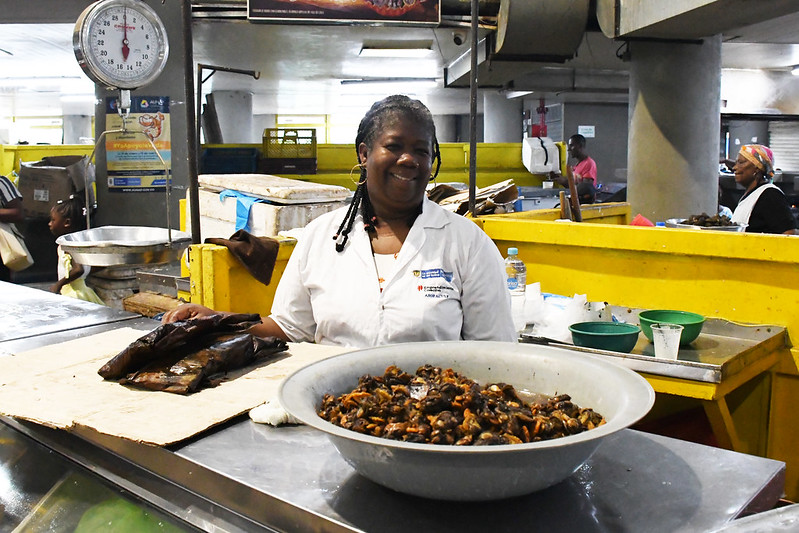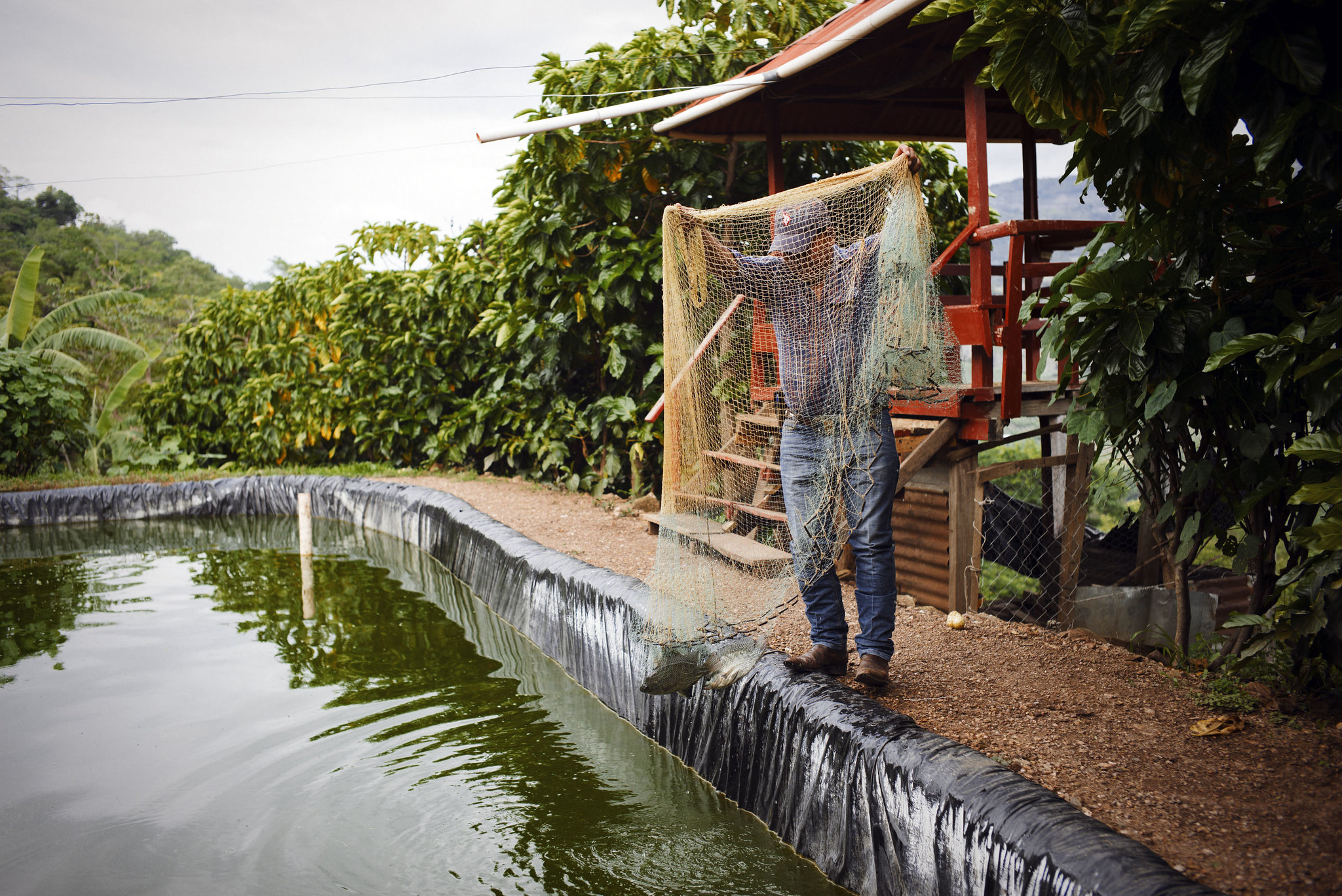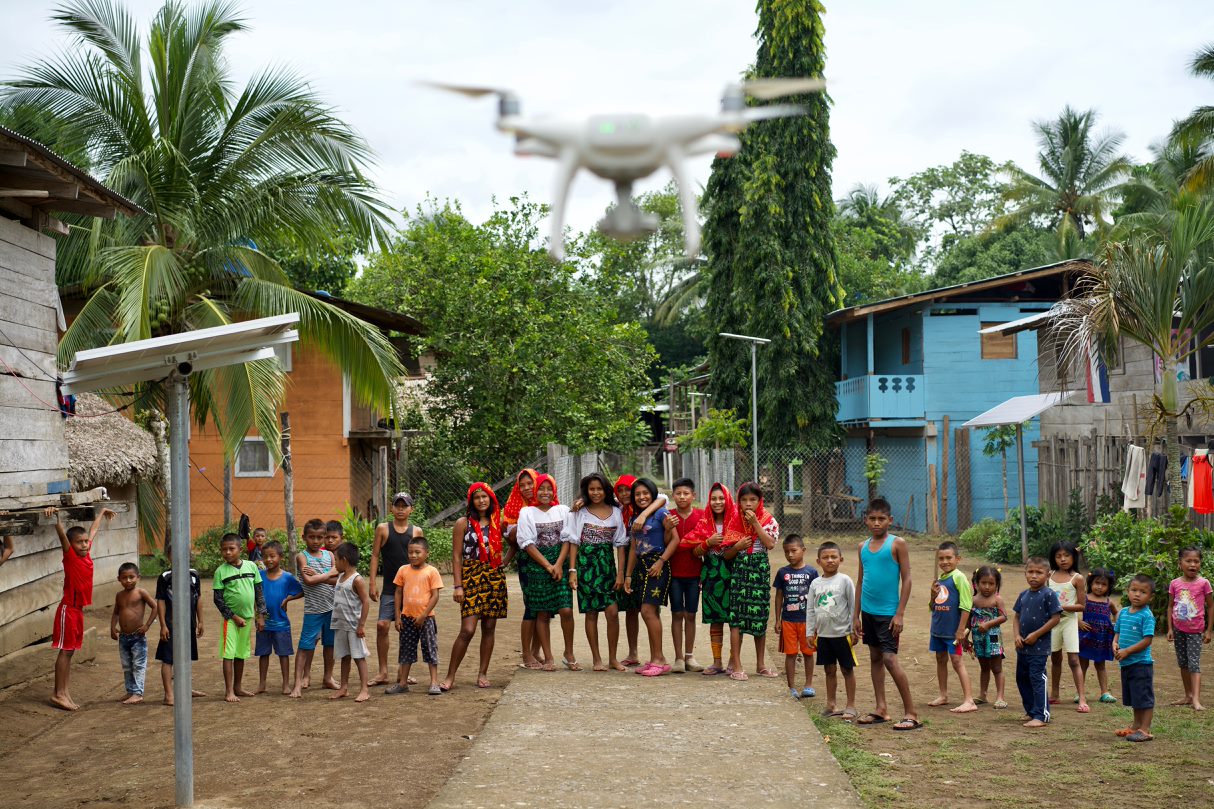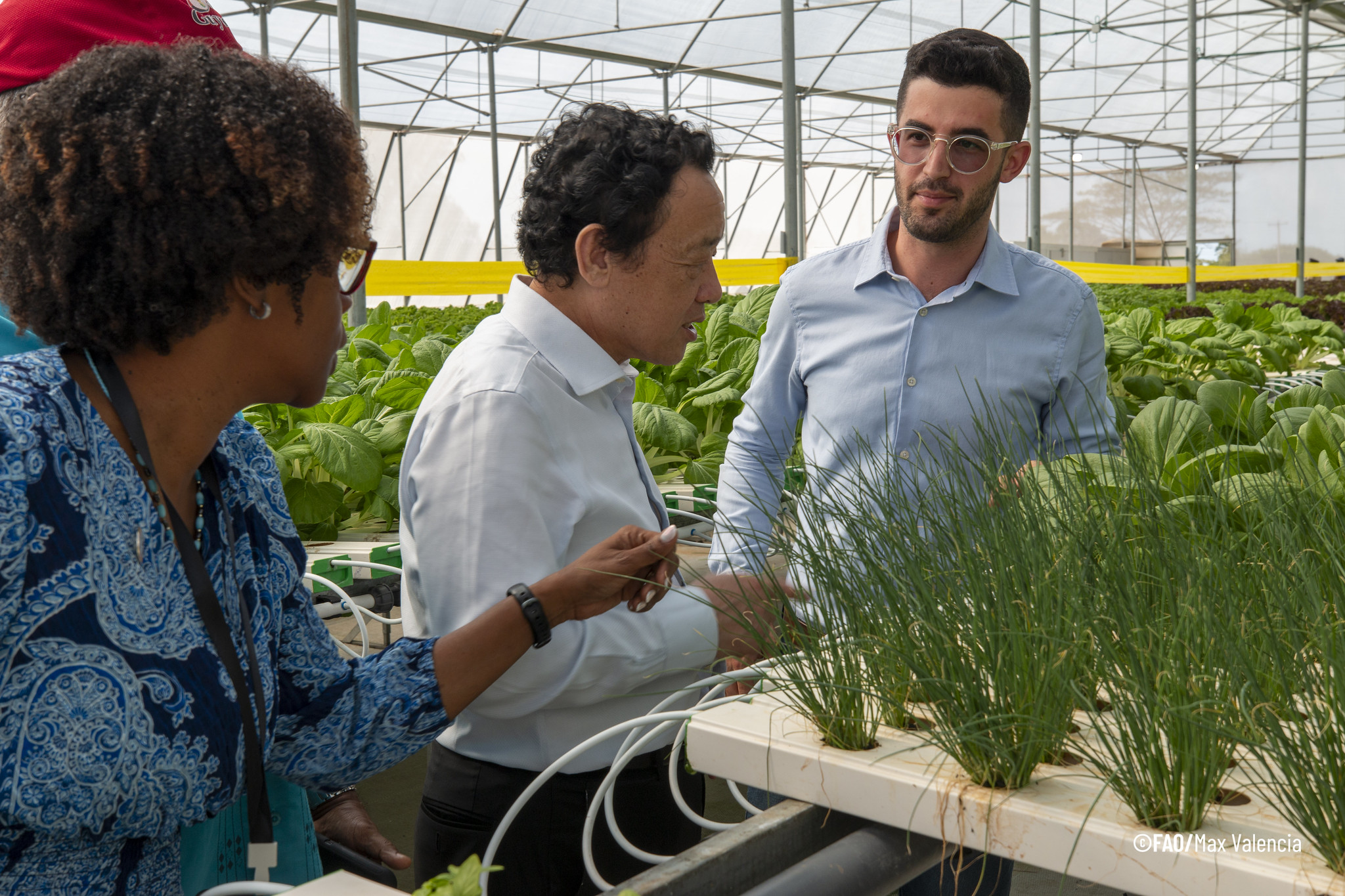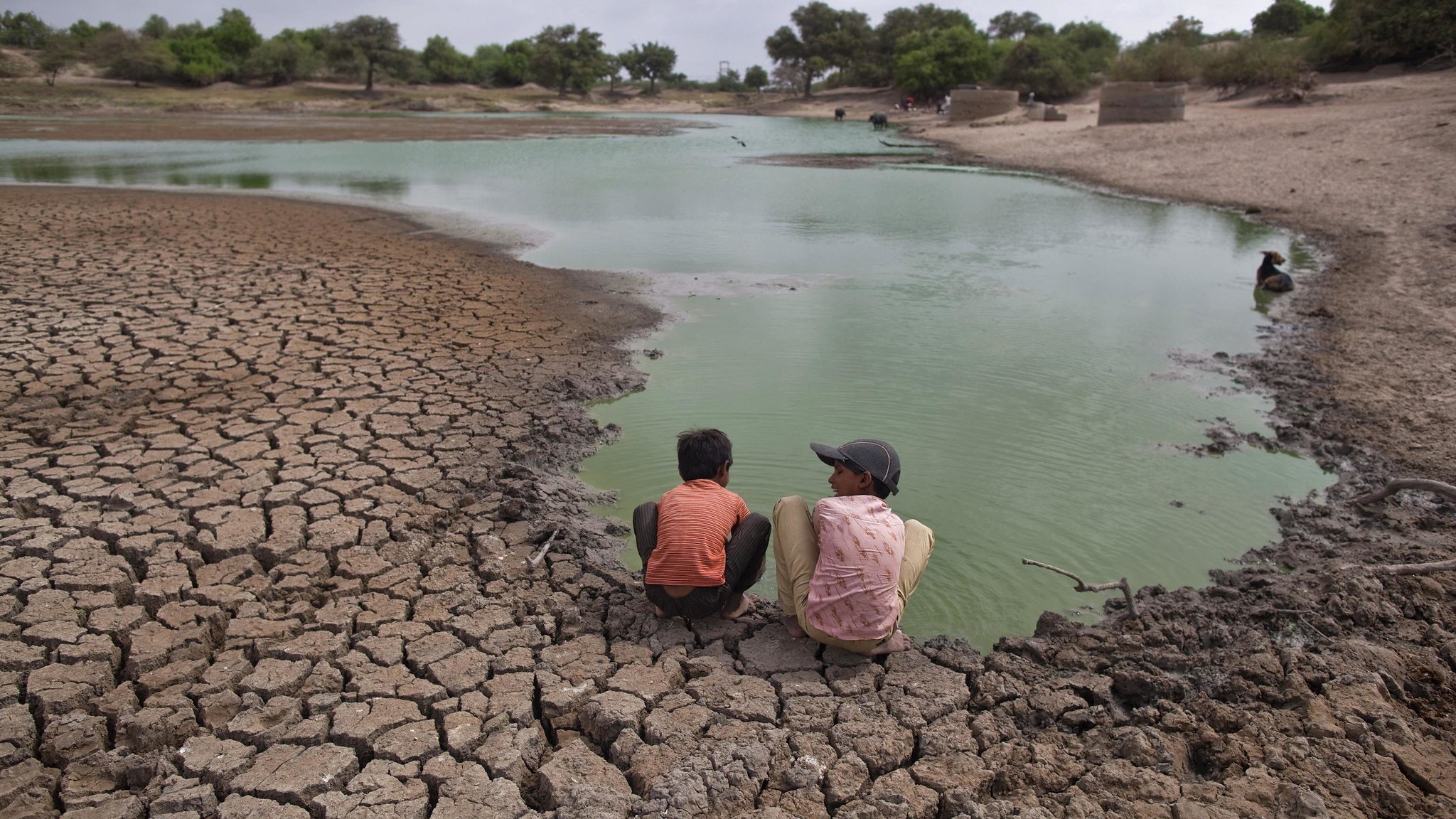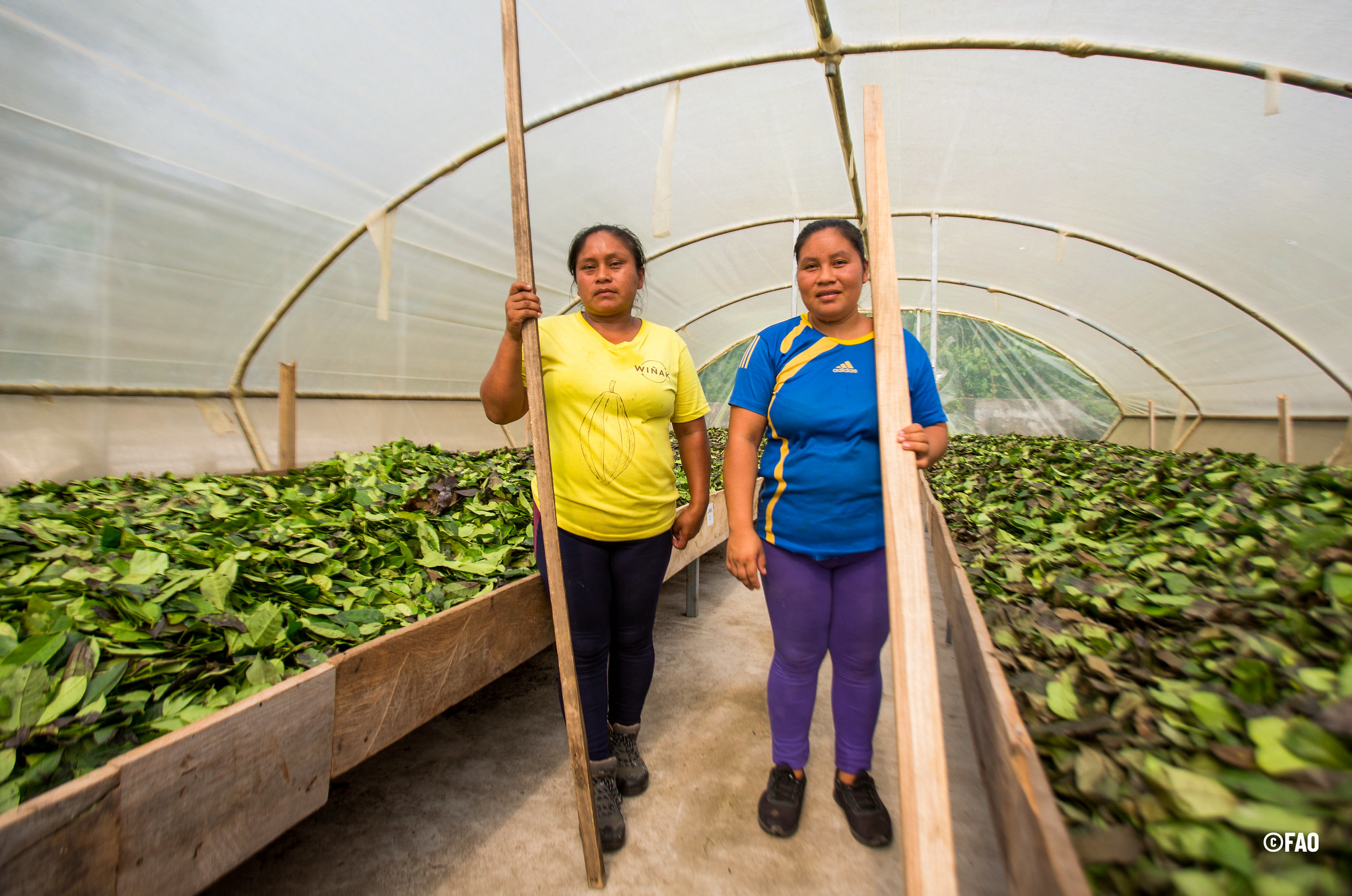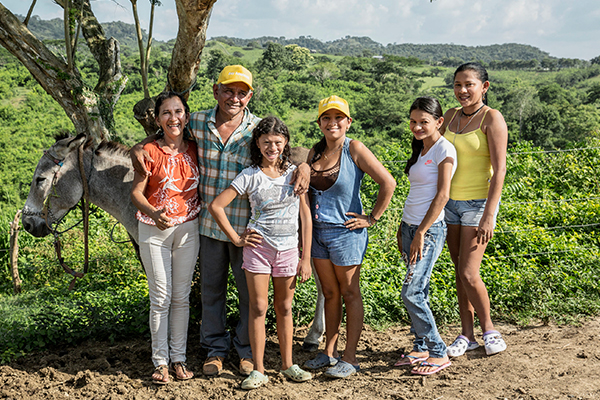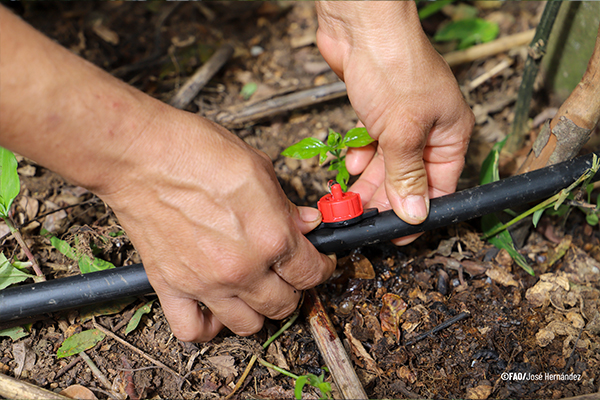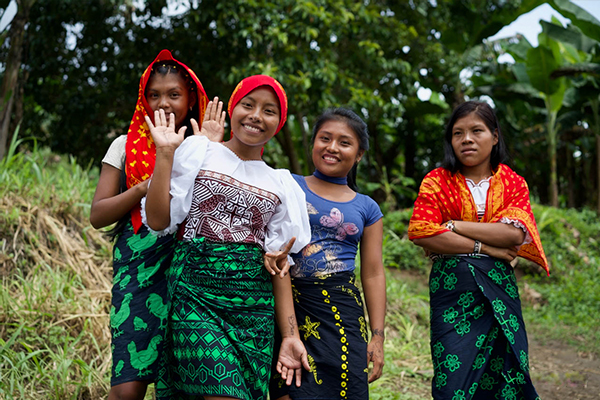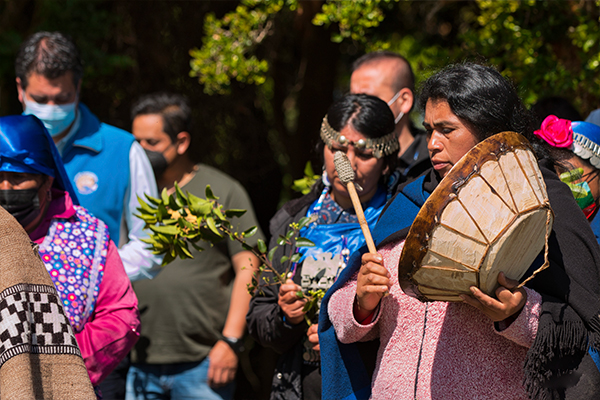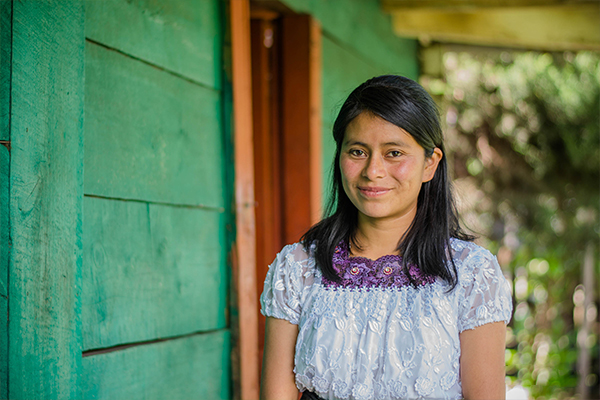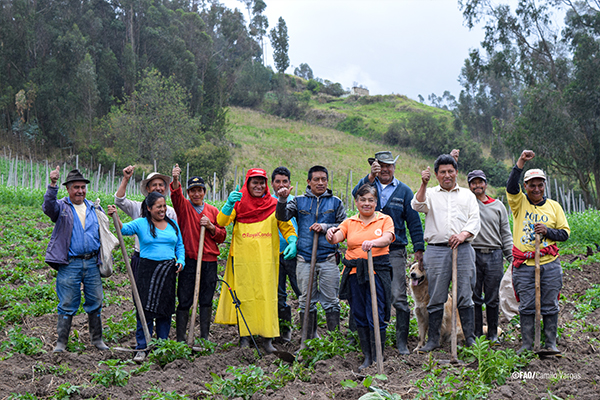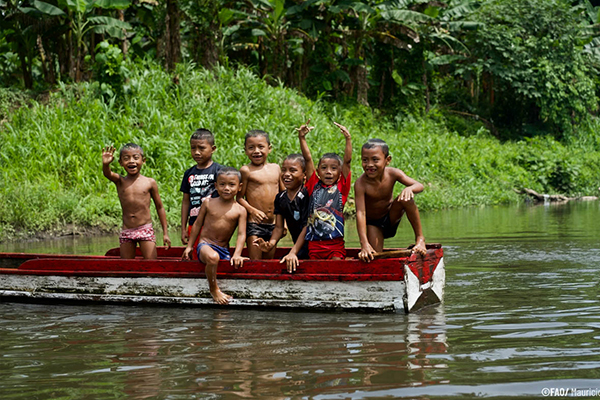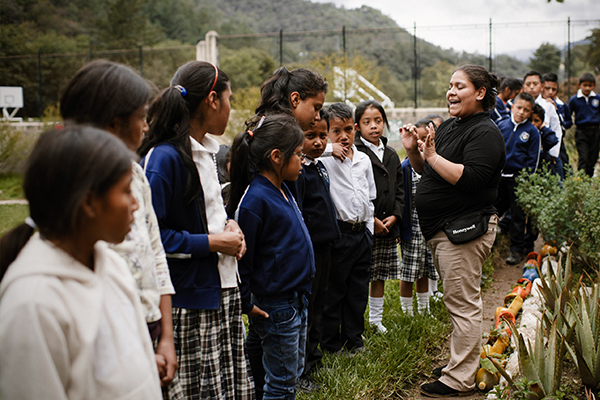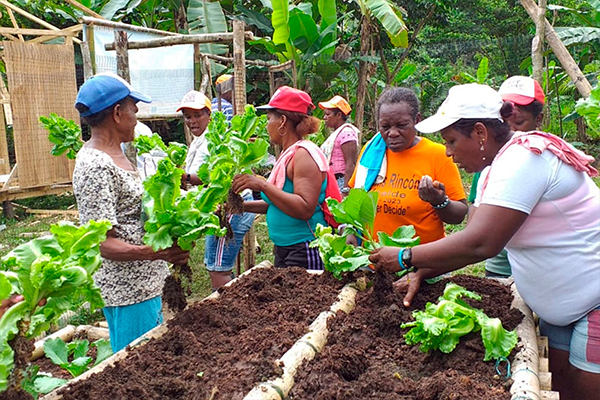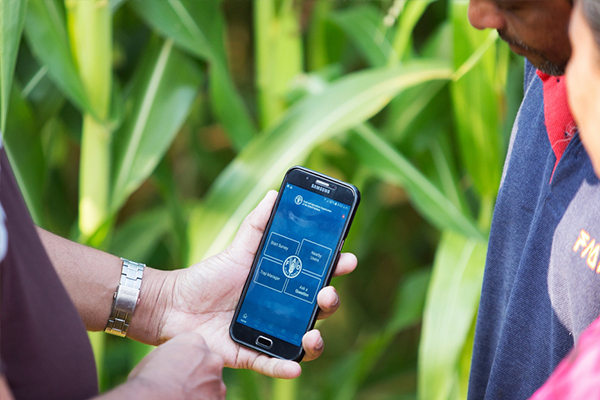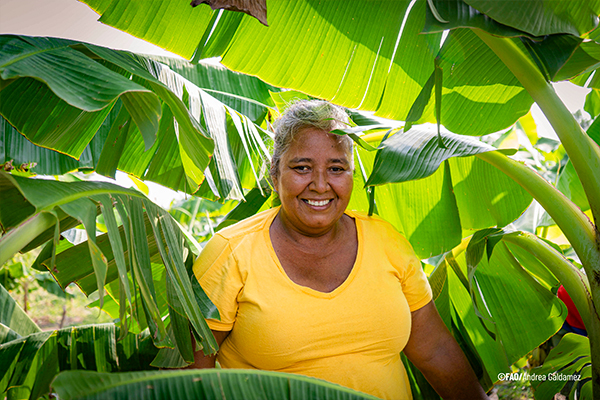
Better Life
Reducing rural inequalities and poverty, along with promoting resilience, is fundamental to achieving inclusive rural transformation and advancing toward sustainable agrifood systems. FAO is dedicated to expanding and strengthening economic development and public policies in rural areas to create greater opportunities and respond to food security and nutrition emergencies.
Likewise, FAO promotes the leadership and innovation of family farmers, rural women, youth, Indigenous peoples, and Afro-descendants through intersectoral dialogues, investment plans, and international cooperation. In this framework, the Hand-in-Hand Initiative is key to increasing investment in agriculture and rural development and strengthening the generation of public goods at subnational, national, and regional levels.
This pillar is developed through six programmatic spheres (Gender equality and empowerment of rural women; Inclusive rural transformation; Agricultural and food emergencies; Resilient agrifood systems; Hand-in-Hand Initiative; and Increased investment for food and agricultural systems).
Programme Priority Areas
Working Areas
To implement this new rural development program, FAO offers support to Member States through:
Providing
Provision of technical assistance for designing, implementing, and evaluating rural development policies that promote political dialogue and technical exchanges.
Supporting
Support countries in the region in developing economic development strategies to increase productivity, social inclusion, and sustainability.
Contributing
Contribute to strategic cooperation among social, productive, and environmental sectors.
Facilitating
Facilitation of technical resources, tools, and standards developed and validated at the international level.
Assisting
Provide technical assistance to countries in formulating rural development policies tailored to the needs of each population group and adopting a rights-based approach in programming, particularly concerning women, rural youth, Indigenous peoples, and Afro-descendants.
Strengthening
Support to countries in the region for strengthening, at political, social, organizational, and technical levels, family farming and artisanal fishing organizations, as well as the corresponding public institutional frameworks, to enhance their visibility.
Events
6/7
2023
Webinar: Chinese experience on digitalization of rural areas: a reference for LAC
Hybrid Event, 06/07/2023
Showcase to the CELAC countries the Chinese experience on digitalization of rural areas and the role of e-commerce on poverty alleviation.
Publications
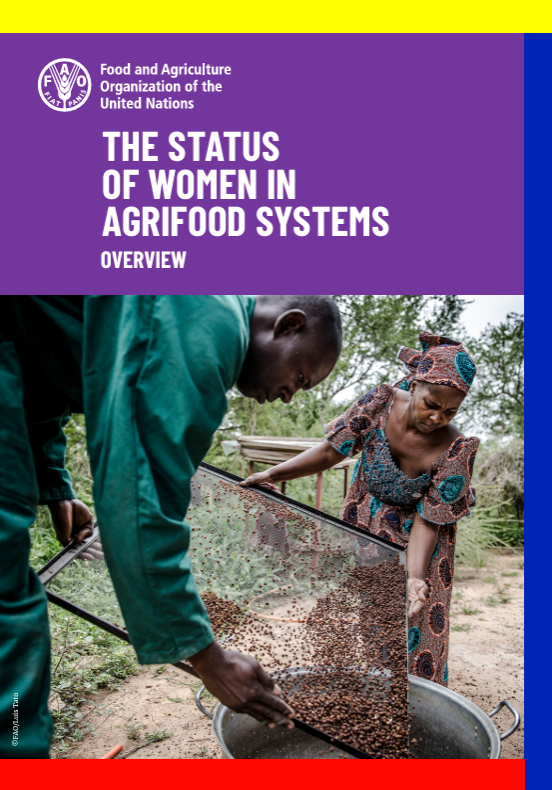
The status of women in agrifood systems
2023
The Status of Women in Agrifood Systems report provides the latest data, lessons learned and recommendations for policy and decision makers about gender in agrifood systems. It reviews and analyzes women’s opportunities and constraints in economic and social processes, while taking stock and assessing progress made in closing a series of gender gaps.
News
0a55154cdd1545b0be6c184cabdc52fc.tmb-th600x400.jpg?Culture=en&sfvrsn=cf405000_3)
Haiti: FAO and CERF launch emergency initiative to bolster rural food security amid climatic shocks, deportations and mass displacement
18/09/2025
The Food and Agriculture Organization of the United Nations (FAO) and the United Nations Central Emergency Response Fund (CERF), have launched an emergency initiative in Haiti’s North and Centre departments to deliver critical assistance to the most vulnerable and food-insecure households grappling with escalating displacement, a deportation crisis and worsening climatic shocks.

FAO launches Platform for the Empowerment of Rural Women in Latin America and the Caribbean
06/08/2025
The new digital tool aims to support governments, organizations, and communities in developing inclusive public policies and concrete actions that promote leadership, rights, and the comprehensive empowerment of rural, indigenous, Afro-descendant, and young women in the region.
.tmb-th600x400.jpg?Culture=en&sfvrsn=e5f7a87a_3)
FAO: Women represent 36% of the workforce in agrifood systems in Latin America and the Caribbean
20/05/2025
A new report from the Food and Agriculture Organization of the United Nations (FAO) warns that rural women in Latin America and the Caribbean continue to face structural barriers in accessing land, productive resources, and decision-making. It calls for transformative gender-responsive changes in agrifood systems.
Videos
Contact
Senior Policy Officer
FAO Regional Office for Latin America and the Caribbean
Communications Specialist
FAO Regional Office for Latin America and the Caribbean

